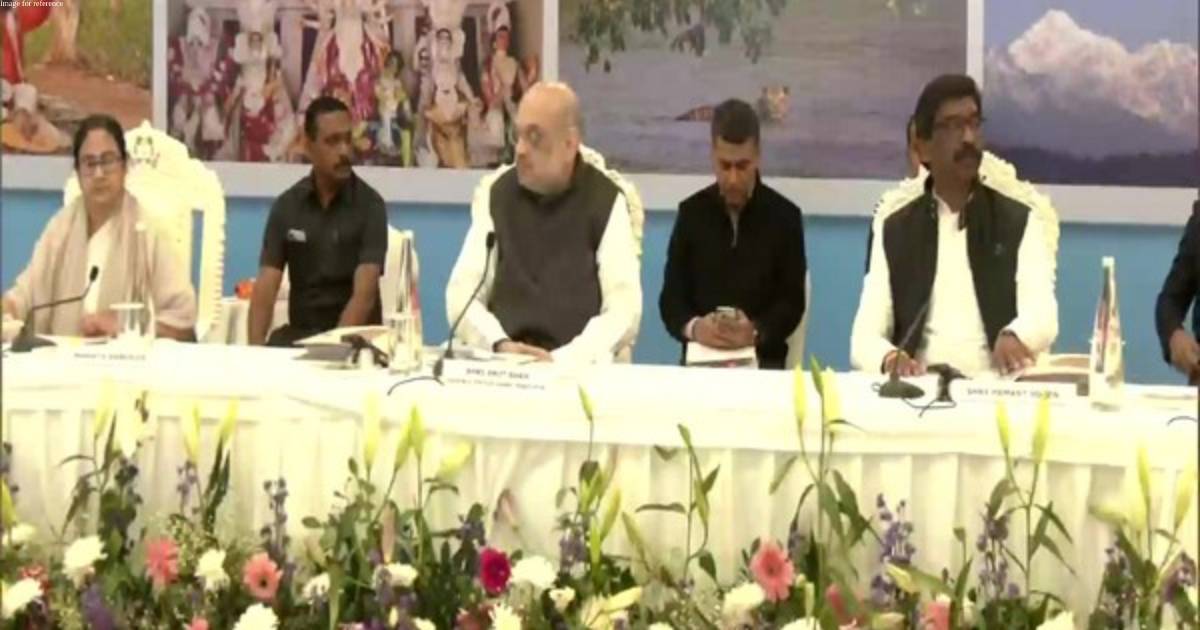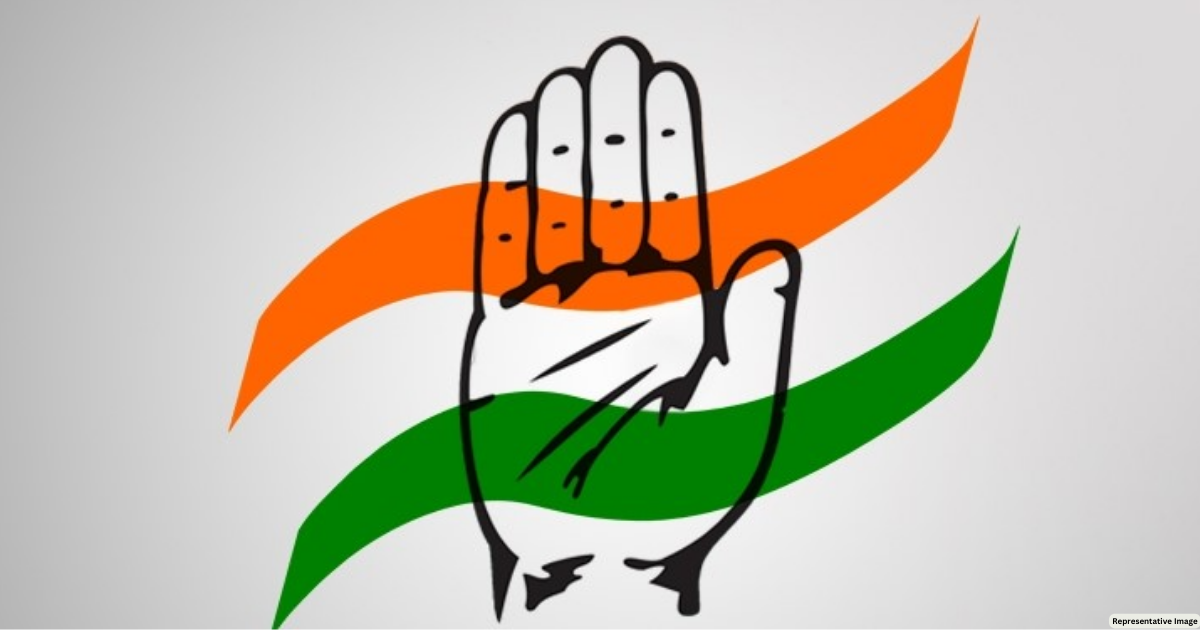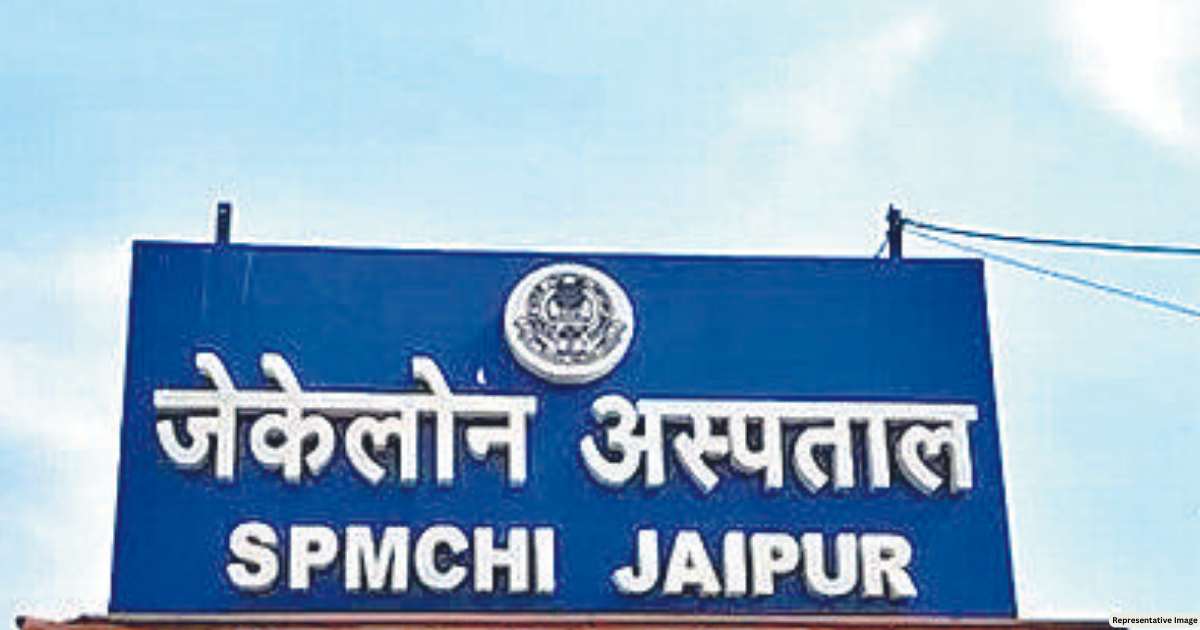Latest News
Many issues agreed upon in 25th Eastern Zonal Council meet, rest to be resolved through consultations

Kolkata: Many issues were agreed upon in the 25th Eastern Zonal Council meeting held here on Saturday with consent to resolve the remaining issues through consultations, Ministry of Home Affairs (MHA) said.
Chairing the meeting, Union Home Minister Amit Shah urged the Chief Ministers of the states to showcase the cultural diversity and tourist places of their states to the world during various G-20 related events which will be held in their states during the next year. West Bengal Chief Minister Mamata Banerjee was the Vice-Chairman and host at the meeting. Jharkhand Chief Minister Hemant Soren and Bihar's Deputy Chief Minister Tejaswi Yadav also participated in the meeting with Cabinet Ministers in Odisha showing their presence.
"25th Eastern Zonal Council meeting was held in a good and positive atmosphere. Many issues were agreed upon and the remaining issues will also be resolved through consultations," said the MHA in a statement.
The Home Minister said Left Wing Extremism or Naxalism has almost ended in the eastern region of the country and efforts should be made to sustain this decisive dominance over it.
"Left Wing Extremism should not re-emerge in these states and these states should develop at par with other parts of the country."
The Union Home Minister also urged Chief Ministers to ensure the creation of the NCORD system at district level and its regular meetings for the fight against narcotics. "Today, the fight against drugs in the country is in a decisive phase and there is a need to further accelerate the campaign against drugs through Artificial Intelligence."
As per the MHA, in the last eight years under the leadership of Prime Minister Narendra Modi, more than 1,000 issues were discussed in the meetings of the Zonal Councils and 93 per cent of them were resolved, which is a huge achievement.
"In the eight years from 2006 to 2013, there have been a total of six meetings of the Zonal Councils (on an average less than one meeting per year), but in the 8 years since 2014, despite the COVID-19 Pandemic, a total of 23 meetings (including today's meeting) have taken place (on an average 3 meetings per year)," said the MHA.
"The frequency of meetings has increased significantly and they have also been result-oriented, which has been possible with the cooperation of all state governments, Central Ministries and Departments and in this, the Inter-State Council Secretariat is playing an active role.
"The government led by Prime Minister Narendra Modi has done a lot of work in the past years in the direction of developing infrastructure in the states of the Eastern region," said the MHA.
Noting that the states of the Eastern region have a major share in the vision of Prime Minister Narendra Modi's Gati Shakti Scheme, the MHA said Modi has always given thrust to the development of this region.
"In the next 25 years, during the Amrit Kaal, the Eastern region of the country will play an important role in the development of India."
The meeting was held in the state secretariat Nabanna's Sabhaghar. The participants comprised representatives of the states of Bihar, Jharkhand, Odisha, and West Bengal.
Two Cabinet Ministers from each state, as members of the Council, and the Chief Secretary and other senior officers of the states. Secretaries and Additional Secretaries and other senior officers of the Central Government also attended the event.
The last meeting of the Eastern Zonal Council was held in Bhubaneswar on February 28, 2020.
Five Zonal Councils (Western, Eastern, Northern, Southern and Central) were set up in the year 1957 under Section 15-22 of the States Reorganization Act, 1956. The Union Home Minister is the Chairman of each of these five Zonal Councils and the Chief Minister of the host state, to be chosen by rotation every year, is the Vice-Chairman. Two more Ministers from each State are nominated as Members by the Governor. The Council takes up issues involving the Centre and States, and among Member-States falling in the Zone and thus provide a forum for resolving disputes and irritants between them.
The Zonal Councils discuss a broad range of issues, which include boundary-related disputes, security, infrastructure-related matters like road, transport, industries, water and power, matters pertaining to forests and the environment, housing, and education. (ANI)












.png)








